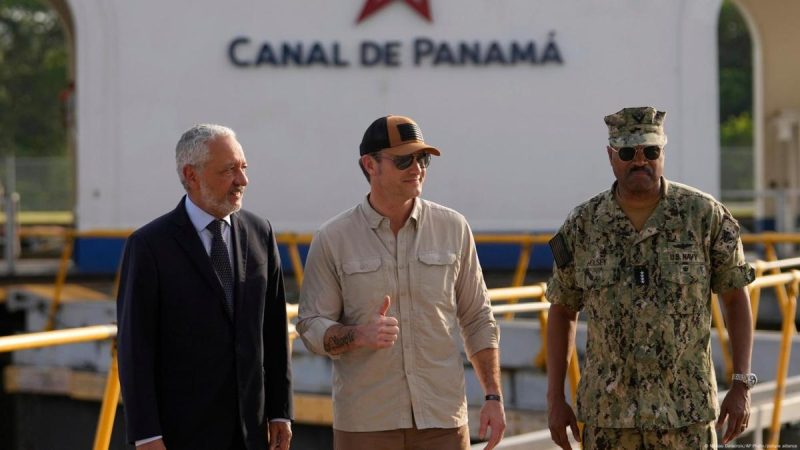
Panama has firmly rejected a proposal by US Secretary of Defense Pete Hegseth to establish US military bases within its territory. The suggestion, made following an official visit to Panama, sparked immediate and decisive pushback from the Panamanian government. Panama’s Minister of Security, Frank Ábrego, stated unequivocally that Panama cannot accept the establishment of US military bases, emphasizing the nation’s commitment to its sovereignty. This stance was reiterated by President José Raúl Mulino, who also ruled out any such arrangement.
Ábrego clarified that while Panama values its security cooperation with the US, this cooperation will continue through existing joint defense exercises, not through the presence of permanent US bases. Hegseth’s suggestion to utilize these exercises as an opportunity to re-establish a military base or air-naval station was met with a clear and resolute rejection. The Panamanian government’s position reflects a long-standing commitment to maintaining its independence and avoiding the presence of foreign military forces on its soil.
This recent development follows previous reports from NBC News alleging that the Trump administration had considered increasing the US military presence in Panama. These reports, which caused considerable unease in Panama, were swiftly denied by the Panamanian government. The current administration’s firm rejection underscores the country’s determination to safeguard its neutrality and autonomy, particularly concerning the strategically vital Panama Canal.
Hegseth’s visit also highlighted concerns about China’s growing influence in the region. He warned against China’s ‘malignant influence’ over the Panama Canal, a statement that further emphasizes the geopolitical complexities surrounding the issue. However, Panama’s response clearly indicates that its rejection of US military bases is not a reaction to Chinese influence, but rather a principled stance rooted in its national interests and commitment to sovereignty. The firm rejection underscores Panama’s commitment to its own security and its diplomatic approach to managing relations with major global powers.
The incident serves as a reminder of the delicate balance Panama must maintain in its relationships with global powers, particularly given the strategic importance of the Panama Canal. While cooperation with the United States remains a key aspect of Panama’s foreign policy, the nation’s commitment to its sovereignty and independence remains paramount.










